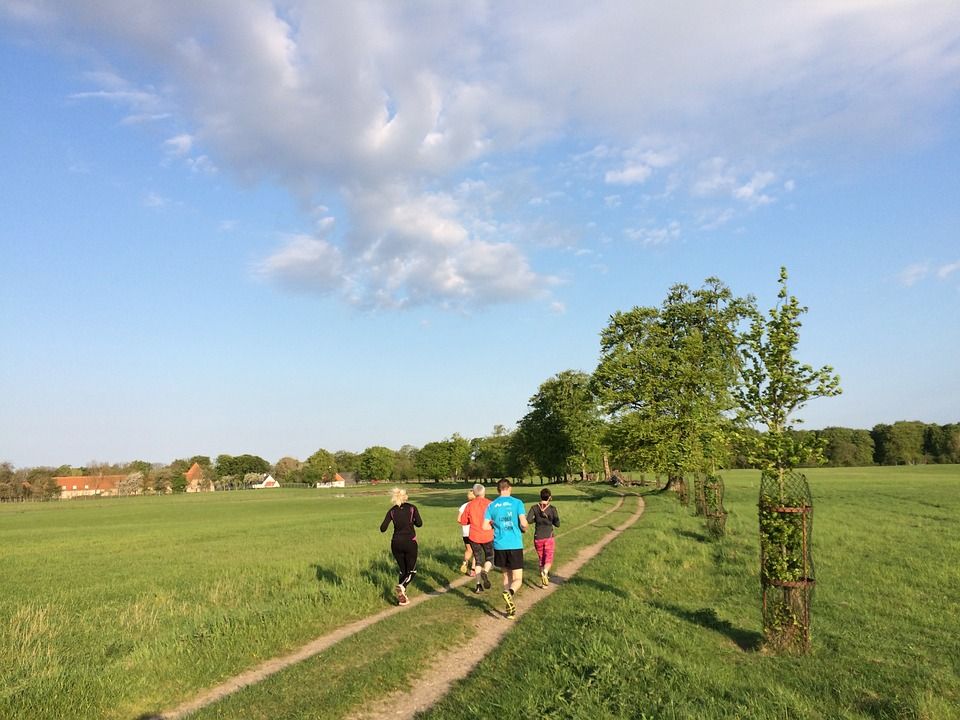With fitness chains popping up everywhere, it’s not difficult for Danes living in cities to locate methods of exercise to get the blood pumping. In rural areas, however, there are challenges.
In cities such as Aarhus, Odense and Aalborg, 67 percent of the population do some form of sport or exercise. In towns with populations under 15,000, that figure drops to between 50 and 59 percent, according to a new analysis by the sports analysis institute Idrættens Analyseinstitut (Idan).
The analysis, entitled ‘Danskernes motions- og sportsvaner 2016’ (‘The Danes’ exercise and sports habits 2016′) (here in Danish), revealed that in towns with populations under 2,000, just 34 percent of people aged 20-29 said they exercised regularly.
“In 2011 we saw a tendency for citizens in rural areas and smaller towns to partake in considerably less sports and exercise than in the cities,” Trygve Laub Asserhøj, an analyst from Idan, told Local Government Denmark’s newsletter Momentum.
“It’s a stable and clear tendency. It’s partially down to the variation of sporting facilities being limited in smaller communities, which limits the citizens’ activity options.”
READ MORE: Teenage girls exercise much less than boys
Promoting nature
Asserhøj said experience has shown that municipalities need to make an effort to encourage their citizens by using what they have at their disposal, such as in Thisted and Ringsted municipalities, which use the forests, lakes and coastline as part of their exercise options.
Municipalities can generate great effect through some relatively small adjustments, such as creating access to nature, promoting support groups and mapping out the nature.
“Sports won’t do it alone, but in collaboration with nature the physical expression can be promoted,” said Asserhøj.
“One of the central issues citizens yearn for is flexibility – that they themselves decide when to be active. That’s a demand the municipality can meet through better facilitation and by upgrading nature areas.”















